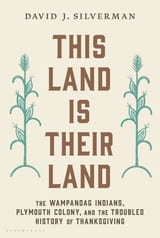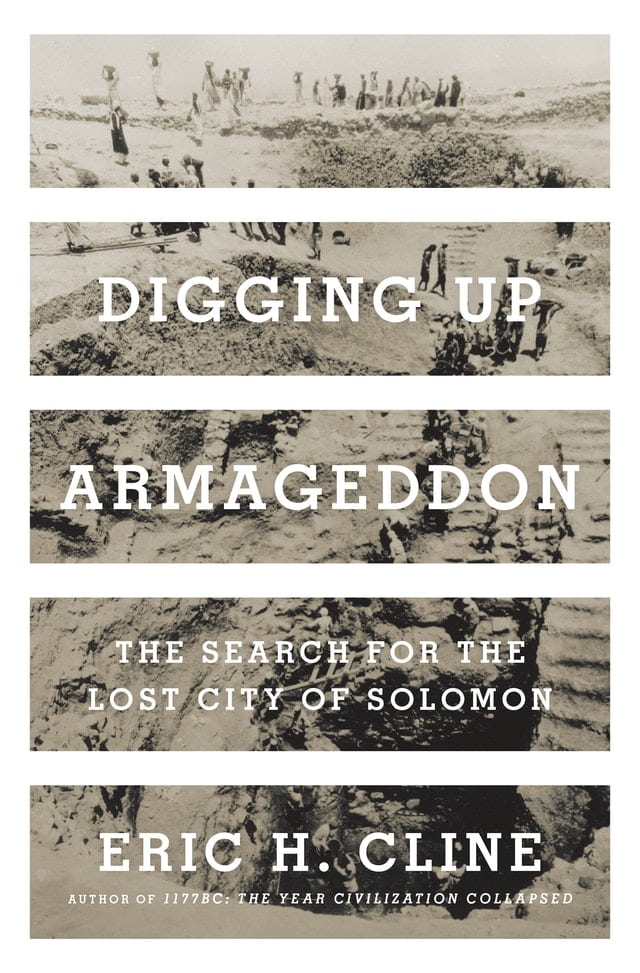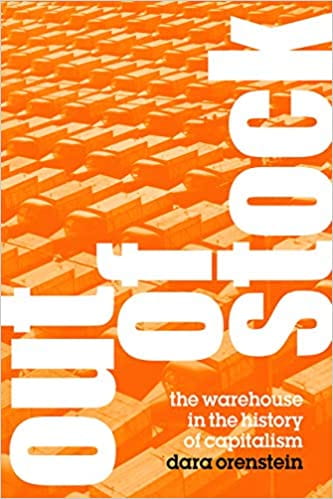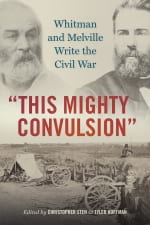A sampling of new books by Columbian College faculty include thought-provoking titles on animal research ethics, America’s greatest authors, an expedition to the Holy Land and a new perspective on the traditional Thanksgiving story.

Professor of History David J. Silverman retells the story of the first Thanksgiving with this new perspective on the Plymouth colony’s founding events. Working with American Indian communities and scholars, his research sheds new light on the fraught history of the Wampanoag and their uneasy alliance with the Pilgrims. This unsettling past reveals why some modern Native people hold a Day of Mourning instead of Thanksgiving, a holiday which, Silverman argues, celebrates a myth of colonialism and white proprietorship of the United States. As the 400th anniversary marking that harvest meal in the New World approaches, Silverman sparks an important dialogue about America’s past.

Digging Up Armageddon: The Search for the Lost City of Solomon
In 1925, a team of archaeologists journeyed to the Holy Land to excavate the ancient city of Megiddo—the site of Armageddon in the New Testament—which the Bible says was fortified by King Solomon. In this account of their findings, Professor of Classics and Anthropology Eric H. Cline brings to life one of the most important expeditions ever undertaken. Drawing on a trove of the team’s writings and correspondences spanning more than three decades, he gives readers an insider’s perspective on the debates over what was uncovered at Megiddo, the infighting that roiled the expedition and the stunning discoveries that transformed our understanding of the ancient world.

Out of Stock: The Warehouse in the History of Capitalism
Dara Orenstein, associate professor of American studies, delivers an ambitious account of the most underappreciated site in American commerce and industry: the warehouse. She traces the progression from the 19th century’s bonded warehouses to today’s foreign-trade zones, dissecting why warehouses have supplanted factories in the age of Amazon and Walmart and are now the most pivotal spaces of global capitalism. Drawing from cultural geography, history and political economy, she demonstrates the centrality of warehouses for corporations, workers, cities and empires.

Principles of Animal Research Ethics
When is the use of animals in biomedical research justified—and when does it go too far? What is the trade-off between scientific experiments that may harm animal subjects—and the possibility of breakthrough treatments for diseases like cancer and HIV? Elton Professor of Philosophy David DeGrazia tackles these and other questions in this groundbreaking framework of general principles for animal research ethics. He addresses moral requirements pertaining to societal benefit—a critical consideration in justifying the harming of animals in research—and features commentaries by eminent figures in animal research.

“This Mighty Convulsion”: Whitman and Melville Write the Civil War
Christopher Sten, professor of English and American literature, edited this first-ever collection of essays devoted to the Civil War writings of Walt Whitman and Herman Melville, arguably the most important writers of the war and among the handful of America’s greatest authors. Whitman and Melville both influenced each other’s works and disagreed over troubling questions of casualties, complications and the anxieties of the war. This volume not only enhances critical appreciation of the writers’ skill and sophistication, but also illustrates how Whitman and Melville went beyond memorializing the war and foresaw its cultural and political legacy.


